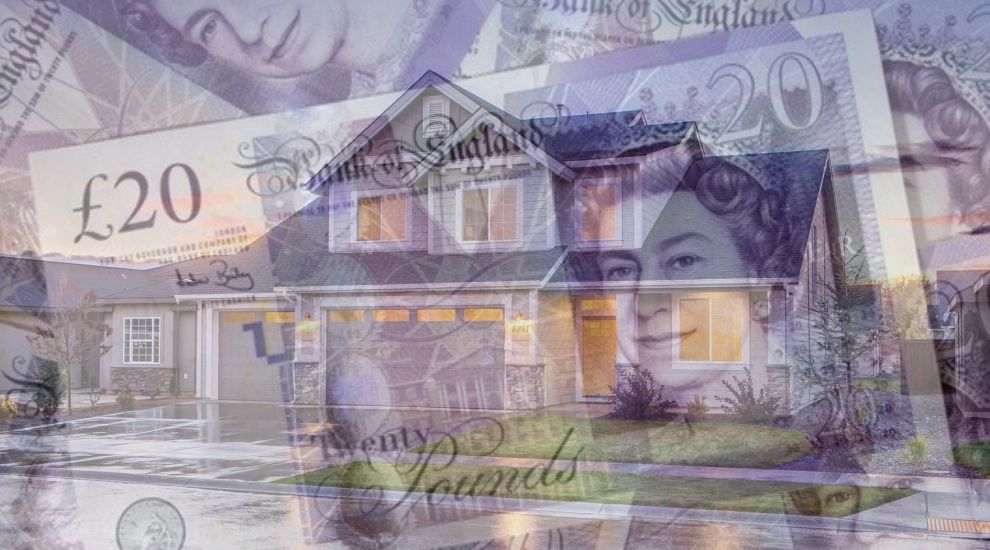


Raising the bar for allowing high-net-worth immigrants to relocate to Jersey is set to become a key election issue, with three parties now pledging to tighten up the rules.
The Jersey Alliance is the latest party to set out its policy regarding high value residents.
The party, which recently selected Sir Mark Boleat to serve as leader, published policy papers on Taxation and the Economy this morning.
They are part of a series that will form the basis of their election manifesto.
In its paper on taxation, the Alliance said the total tax contribution required from high value residents should be “increased significantly”.
“Going back nearly 200 years Jersey has attracted wealthy immigrants because of the natural attractions the Island has to offer together with low tax rates,” the document notes. “Jersey has benefitted though wealthy immigrants paying a substantial amount of income tax.”

Pictured: Sir Mark Boleat, was elected leader of the Jersey Alliance party at its first AGM last Saturday.
The policy paper goes on to add the current policy is to attract between 15 and 20 high net worth individuals each year.
“In 2019 169 high value residents paid around £21m in income tax, an average of £124,000 each,” it continues.
“This represented 4.5% of Jersey’s total income tax. In 2021 the figures are estimated at £26m and 5.6%.”
The Alliance notes that new high value immigrants are required to pay a minimum of £145,000 a year in income tax whilst contributing “significantly” to Stamp Duty by purchasing expensive properties, with a number of them being “significant donors” to local charities and supporters of local businesses.
The party believes the aim should be to attract a smaller number of people paying “substantially more in tax”, with £250,000 a year being the minimum requirement for “economically inactive high-net-worth immigrants”.
They suggested a more flexible approach for those active in business, whose activities will bring “much greater value” to the island in respect of employment and total tax contribution.
Meanwhile, the Jersey Liberal Conservatives also committed to making rules for the admission of wealthy immigrants more stringent.
In a 'mini manifesto' released earlier this week, they wrote: "We commit to... raising the economic bar for the admission of wealthy immigrants under Article 2(1)(e) of the Control of Housing and Work (Jersey) Law 2012."

Pictured: The Jersey Liberal Conservatives, from left, former Senator Pierre Horsfall, former Bailiff and Senator Sir Philip Bailhache and entrepreneur Susana Rowles.
In their Population Policy Statement, Reform Jersey said the high-net-worth entry route was of “questionable economic benefit” to the island “because of the tax privileges offered and lack of evidence of a wider contribution made”.
“These privileges should be reassessed to maximise their contribution.”
The Progress Party have also been contacted for their views, but had not responded at the time of publication.
Last summer, it was announced that wealthy individuals wishing to move to the island would have to pay at least £1.25m for a flat and £2.5m for a house following a re-evaluation of the high value residency programme.
Previously, the minimum price of a home for those wishing to obtain their ‘entitled’ status as high value residents was £1.75m - a figure set in 2011 which was re-valued this year.
The Economic Development Minister Senator Lyndon Farnham also said future applicants would have to show a “minimum level of net worth”.
The requirements of the 1(1)k scheme have varied several times over the years since it was first created in the 1970s.
The ‘architect of finance industry’, former Economist Colin Powell, described the tax requirement as having been used as a “rationing tool” throughout the 1970s, 1980s and 1990s.
Comments
Comments on this story express the views of the commentator only, not Bailiwick Publishing. We are unable to guarantee the accuracy of any of those comments.